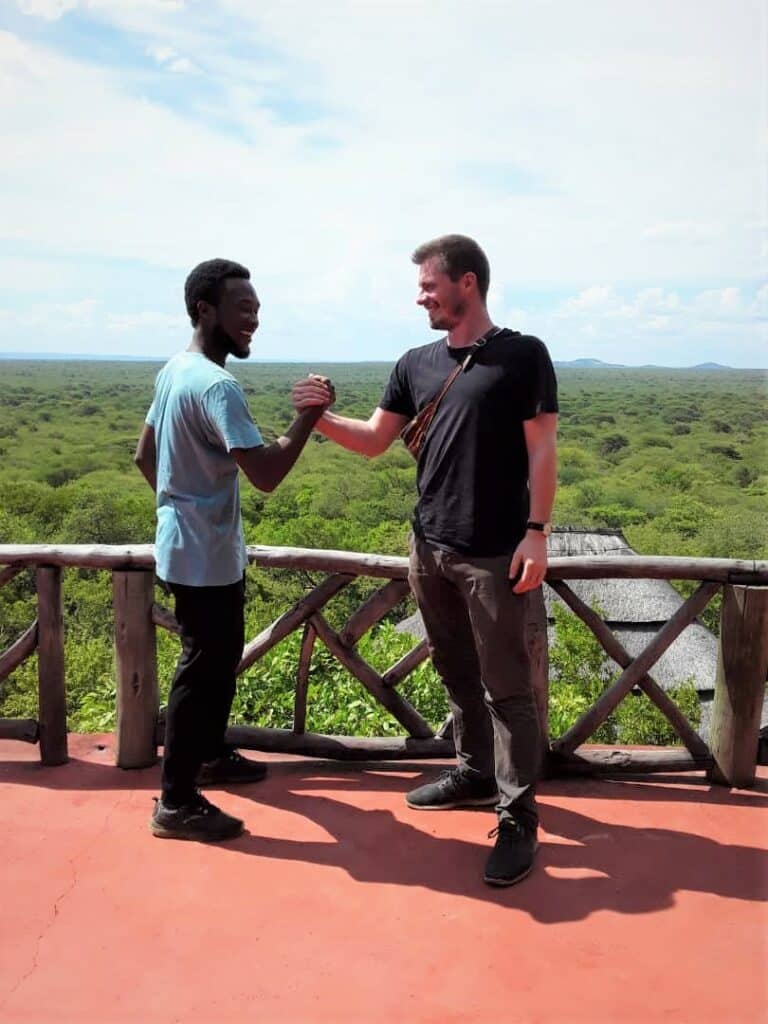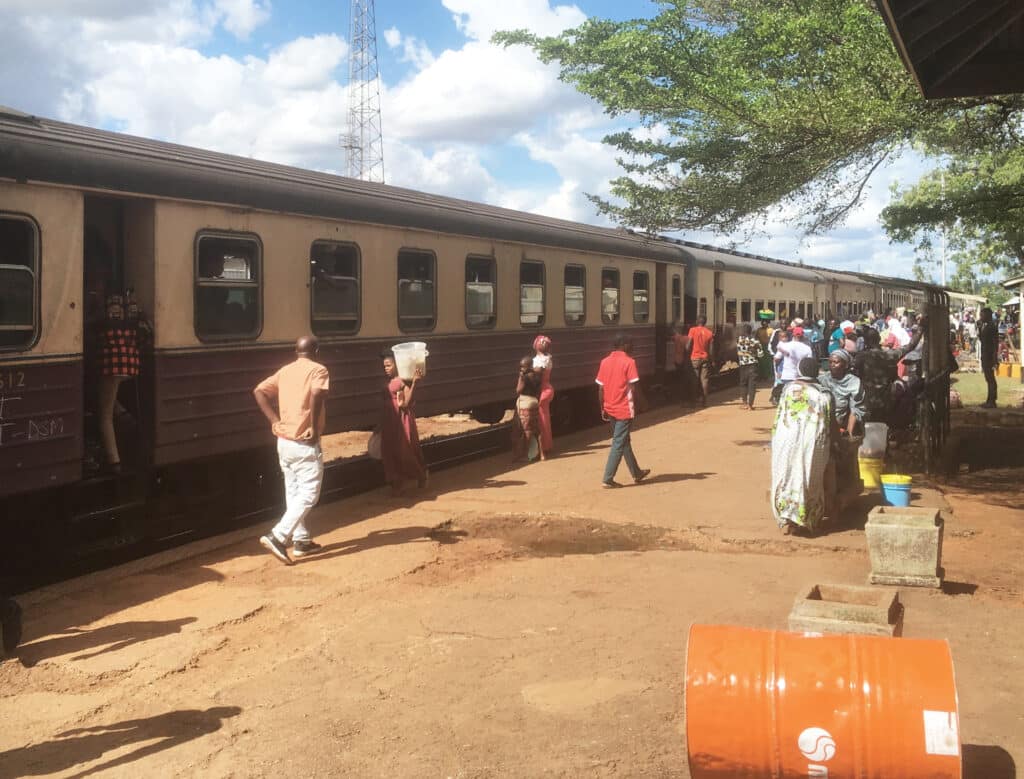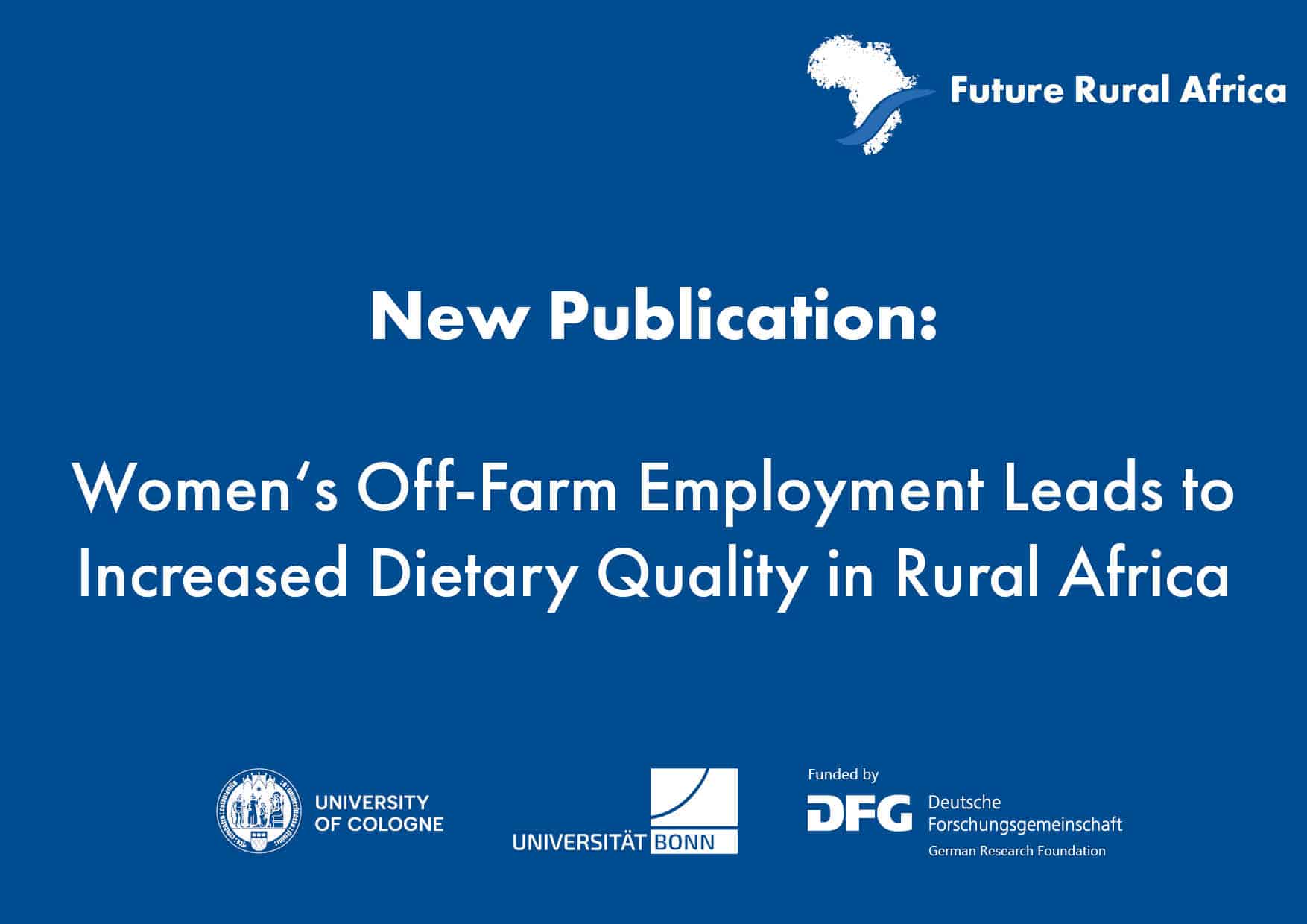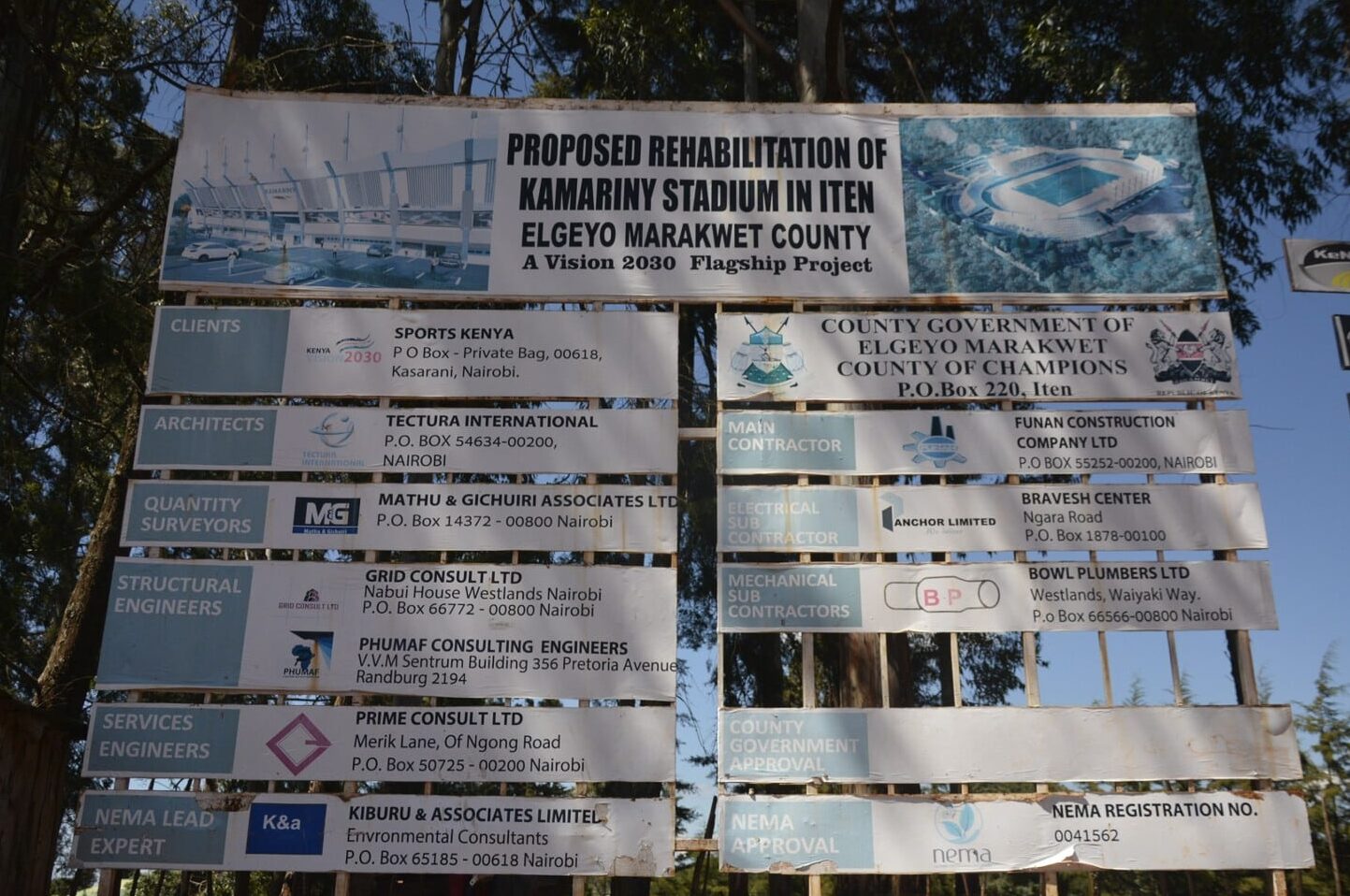The scene evoked memories of a Western movie: glittering sun and a deserted platform with tracks running into the far distant horizon. But we are in Morogoro, Tanzania, and the man who approached me did not challenge me to a duel but offered me a cool drink instead. I gratefully accepted the stationmaster’s generous gesture and asked him when the train would arrive. When he told me to be patient, he used the words I had heard so many times before: pole pole (slowly, slowly). The train was already 15 hrs late but the friendly stationmaster kept me informed of the latest developments by constantly phoning his colleagues at the stations the train had already passed. Mobile phones had replaced the colonial railway communication system that was still in use some years ago. In a dusty chamber reminiscent of a museum, the serious-faced official explained to me that the colonial system was operated by a machine with oversized metal keys, Morse code, and telegraphs. He proved his competence by describing numerous technical details, but obviously I did not understand much because I am not an engineer but a geographer who is interested in the economic effects of tourism value chains. I listened more attentively when he told me about the current construction project of an electrified railway from Dar-es-Salaam to Dodoma, which would shorten travel time significantly. Nowadays, it takes about eight hours to get from Morogoro to Dar-es-Salaam, a distance of 200 kms.

Rocking on a wooden chair with a coke in my hand, some observations on the last weeks of fieldwork came to mind. Interestingly, the elephants I saw in Mikumi and Ruaha National Park were much smaller than the ones I remembered from Namibia. I wondered whether this was due to excessive hunting of wildlife by trophy hunters and poachers. Thanks to my colleague Hassan from the Geography Department of Dar-es-Salaam University, who had accompanied me during the past few weeks, we were able to speak to the Tanzanian Wildlife Authority. They confirmed earlier statements that trophy hunting in Tanzania is susceptible to corruption and poaching is omnipresent. Since trophy hunters are mainly interested in shooting big bulls, I wondered if this could lead to the continuous downsizing of elephants due to loss of genetic material? There are, however, good economic reasons for allowing hunting. Trophy hunting is a large industry with a turnover of more than 200 M USD in southern Africa alone. Advocates of trophy hunting emphasise that it is a cash-generating form of land use that can be applied to remote, inaccessible areas. This is certainly true, but who benefits from this industry? So far, I have only met well-off professional hunters, while those who suffer elephant attacks on their fields have not been represented at the major hunting fairs in Europe and the USA. At a hunting fair I visited in Dortmund earlier this year, an entire hall was earmarked for the sale of hunting trips. The offer is diverse: shooting moose in the forests of Alaska, stalking ibex in the snowy mountains of Kyrgyzstan or culling wild boar in Bulgaria – the world is your oyster. Stuffed cape buffalos and lions exhibited by Namibian hunting operators attracted the attention of potential customers. While most of the hunting in Namibia takes place on private game reserves, operators who hold concessions in conservancies can advertise the unique experience of hunting in free-range areas. The conservancy structure ensures the transfer of value to local communities. To kill an elephant, the trophy hunter pays around 30,000 USD to the community. Thanks to the post-apartheid rural development policy, Namibia’s state quota fees are paid directly to communities without further state involvement. MBOMIPA on the other hand, the conservancy project I visited in Iringa district in Tanzania, failed due to disputes and breach of trust. The Tanzanian state had taken complete control of the revenues generated from trophy hunting and only remitted part of it to where it was generated i.e., to the conservancy. How community-based is this form of community-based resource management?

Before I could come to a conclusion, I was torn from my daydreams by hectic activity. From one minute to the next, the platform filled with life. As merchants and heavily laden travellers pushed past me, a whistle sounded in the distance. The train had arrived! I hurriedly said goodbye to the stationmaster and finished my drink. The moment I boarded the train, I realised that there had been no need to hurry. The train would stand for half an hour at the station anyway before pulling out. Pole pole.
By Linus Kalvelage






